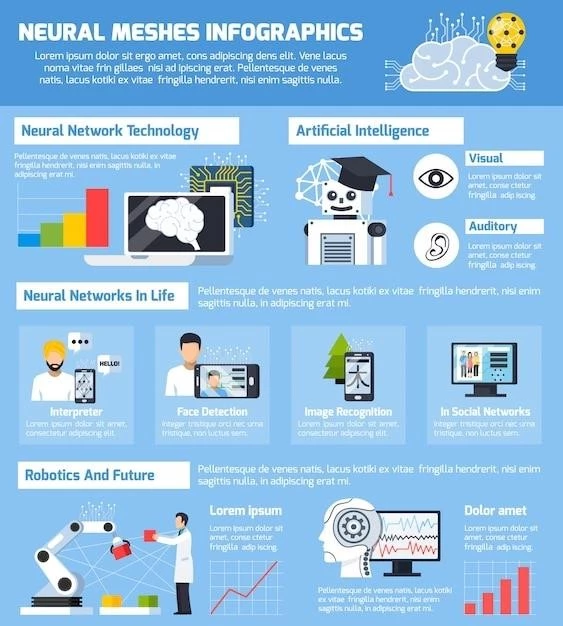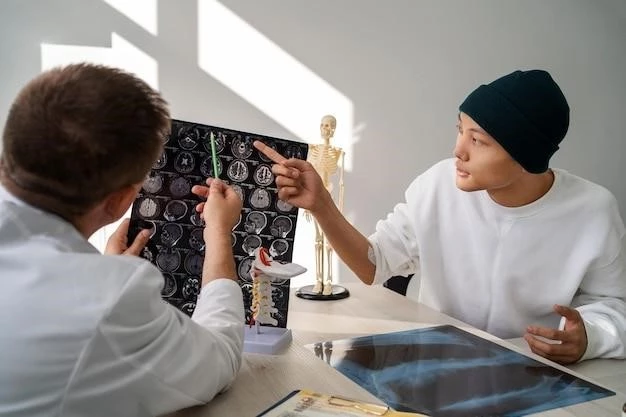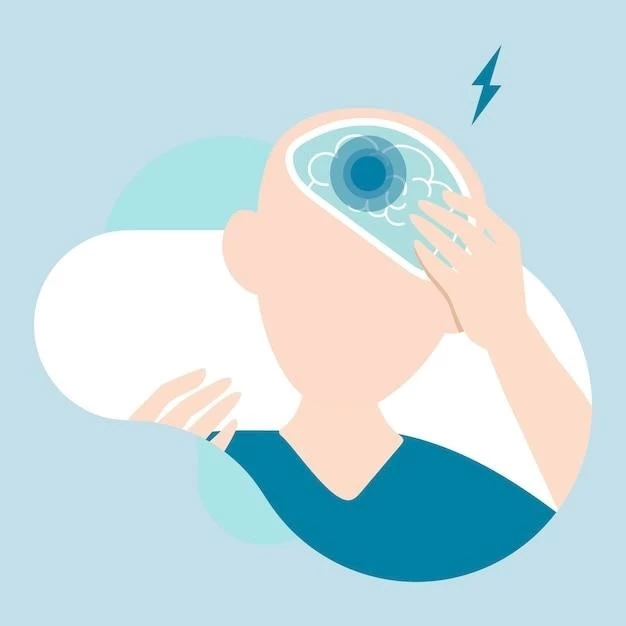Neurofaciodigitorenal syndrome is a rare multiple developmental anomalies syndrome characterized by neurological abnormalities, dysmorphic facial features, and acrorenal defects.
Neurofaciodigitorenal syndrome, also known as Freire Maia-Pinheiro-Opitz syndrome, is a rare multiple developmental anomalies syndrome characterized by various distinctive features, including neurological abnormalities, dysmorphic facial characteristics, and acrorenal defects.
Clinical Features of Neurofaciodigitorenal Syndrome
Neurofaciodigitorenal syndrome presents with distinctive characteristics including neurological abnormalities, dysmorphic facial features, and acrorenal defects.
Definition and Synonyms
Neurofaciodigitorenal syndrome, also known as Freire Maia-Pinheiro-Opitz syndrome, is a rare multiple developmental anomalies syndrome characterized by specific neurological abnormalities, dysmorphic facial features, and acrorenal defects.
Dysmorphic Facial Features
The dysmorphic facial features associated with Neurofaciodigitorenal syndrome include a high prominent forehead, grooved nasal tip, ptosis, and ear anomalies.
Acrorenal Defects
Acrorenal defects associated with Neurofaciodigitorenal syndrome include triphalangism, broad halluces, and unilateral renal agenesis, contributing to the unique clinical presentation of the condition.
Diagnosis and Diagnostic Teams
Diagnostic teams involved in the diagnosis of Neurofaciodigitorenal syndrome often include specialists from genetics, nephrology, and neurology. Collaborative efforts from these varied fields help in accurate diagnosis and management of the condition.

Research and Specialists
Experts specializing in Neurofaciodigitorenal syndrome have conducted research, received grants, published articles, and participated in clinical trials focusing on the condition.
Ongoing Research Projects
Specialists involved in the ongoing research projects related to Neurofaciodigitorenal syndrome have received grants, conducted clinical trials, published articles, and collaborated on various projects to advance the understanding and management of the condition.
Specialists in Neurofaciodigitorenal Syndrome
Specialists in Neurofaciodigitorenal syndrome have conducted extensive research, received grants, and participated in various clinical trials to advance the understanding and management of this rare condition.

Support Groups and Communities
Support groups and communities provide assistance and information for individuals and families affected by Neurofaciodigitorenal syndrome.
Advocacy Groups
Advocacy groups dedicated to Neurofaciodigitorenal syndrome offer support, raise awareness, and provide valuable resources for individuals and families affected by the condition.
Resources for Patients and Caregivers
Patients and caregivers affected by Neurofaciodigitorenal syndrome can access valuable resources such as educational materials, support services, and counseling to help manage the challenges associated with the condition.
Orphanet and Rare Diseases Information
Orphanet provides comprehensive information on rare diseases like Neurofaciodigitorenal syndrome to improve diagnosis, care, treatment, and knowledge-sharing among stakeholders.
Orphanet’s Role in Rare Diseases
Orphanet plays a crucial role in providing comprehensive information on rare diseases like Neurofaciodigitorenal syndrome to facilitate accurate diagnosis, treatment, and knowledge dissemination among healthcare professionals and patients.
Contributions to Orphanet Scientific Data
Experts and researchers contribute valuable scientific data to Orphanet, improving knowledge on rare diseases like Neurofaciodigitorenal syndrome to enhance diagnosis, care, and treatment strategies for affected individuals.
Conclusion
In conclusion, Neurofaciodigitorenal syndrome is a rare condition characterized by distinct neurological abnormalities, dysmorphic facial features, and acrorenal defects. Through ongoing research, the contributions of specialists, and the support of advocacy groups and communities, advancements in diagnosis, treatment, and care for individuals affected by this syndrome continue to progress. Orphanet plays a vital role in providing valuable scientific data and resources to enhance knowledge and support for rare diseases like Neurofaciodigitorenal syndrome, ultimately improving outcomes for patients and their families.
